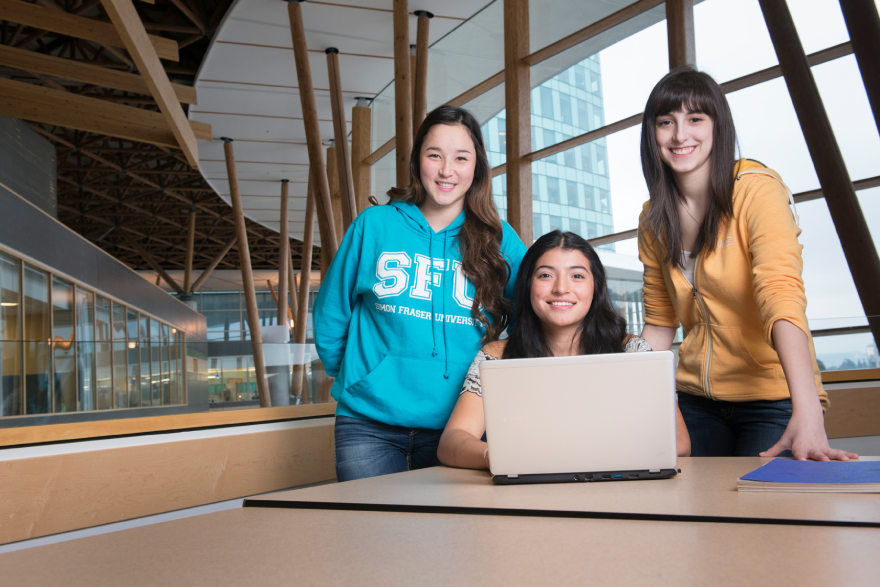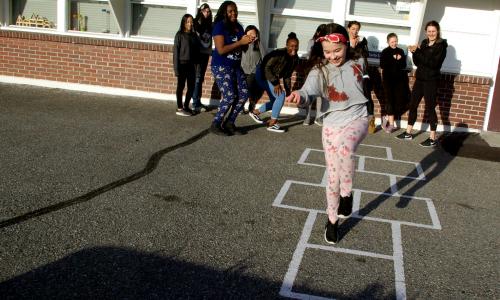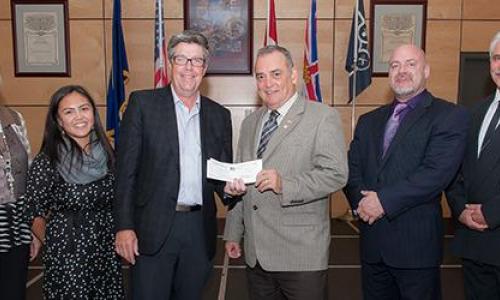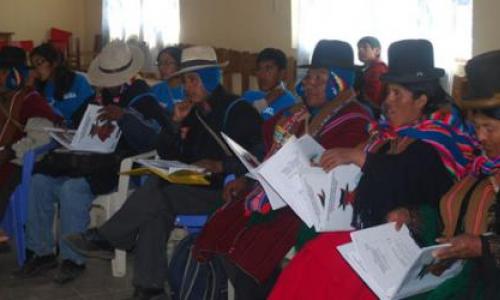
Let’s be real, college is stressful. As a student, your goal may simply be to graduate with a degree in your hand. However, the reality is the job market is more competitive than ever before. It is important to get as much value out of your college experience as possible, and there are more ways to kickstart your career than just a strong GPA. Here are several tips to help you make the most of your degree:
Most students don’t know exactly what they want to major in and that’s completely fine. The first year is a great time take a variety of classes in areas you are interested in majoring in. Even if you don’t necessarily want to major in a certain field, taking a class in something different will set you apart when it comes to your career. For example, I took a psychology course as a Health Science major and absolutely hated it. However, I would’ve never known my hatred for psychology if I didn’t take the class. I also took an introductory level statistics course and loved what I was learning, and eventually went on to take more senior level statistics classes. Although I struggled, it taught me to challenge myself. I was also able to build strong relationships with professors that knew I wasn’t a statistic major, but appreciated the fact that I was trying my best. If you build a strong enough connection with a professor, you could ask them to be your reference for after you complete your undergraduate degree.
Social life in university is hard when you’re a commute. A typical day of school means going to class, waiting around for your next class (while trying so to find a spot to study), going to a tutorial, and then heading straight home. Have you always wanted to feel more connected to the campus community but don’t know how? Joining a club or sports team is a great way to destress and boost your health. Research shows regular physical activity enhances university students’ social skills, mental well-being, sense of belonging on campus, and academic success (Cressy, 2011). Take advantage of the facilities and programs available at SFU. Some suggestions are to activate your SFU Burnaby recreation membership, join the live workout classes (e.g., yoga, bootcamp, and dance) at SFU Rec, or join the drop-in sports and intramural leagues. SFU Burnaby campus also has a pool, an outdoor track, tennis courts, and a climbing wall. Explore a variety of activities and services offered by SFU Recreation.
Cooperative education (Co-op) programs allow you to explore careers and gain paid work experience while earning your degree. Most work terms are full-time and range between 4 to 12 months. As a Co-op participant myself, I’ve come to learn the pros and cons of the program. On the bright side, you get paid for your co-op position, and usually the pay is pretty good. The best part about co-op is you get experience to add to your resume. You’ll gain so many different skills and network with so many different people. Some companies may even offer you a permanent position with the team after your co-op ends. One of the disadvantages of joining the Co-op program is that your university degree gets extended. You must alternate study semester with your work semesters. For example, if you take a work term in the summer, the fall term must be a study semester. Another con of co-op is you have to pay extra fees. The fee for each semester that you are in co-op is usually around $800. Co-op is well worth the experience despite the extended graduation time, especially if you’re looking for that push to kickstart your career. Find out more about SFU co-op here.
Research can be one of the most work intensive but rewarding experiences of your undergraduate degree. Participating in undergraduate research prepares you for your post-graduation plans by expanding your academic experience and giving you the opportunity to explore an academic discipline more fully. A study found that 74% of students accepted into a chemistry graduate program has some undergraduate research experience (Webb, 2007). Undergraduate research also provides opportunities to build a learning community with faculty and other students. It’ll also strengthen written and oral communication, critical thinking, technical skills, and builds confidence in your abilities within the discipline. Start off by looking for a professor you are interested in working with. You could either find their research work online or find more about themselves by asking them during non-class time. Check out this resource to find a researcher whose area of expertise might interest you.
Volunteering not only lets you gain resume-building experience, it gives you the chance to make a meaningful impact on the community. Volunteering can be difficult if you are juggling other priorities like taking classes and working. If you volunteer on campus, you can make this fit in your schedule before, in between, or after classes. This is a great opportunity to spend more time with friends or meet other like-minded students. You’ll have access to plenty of volunteer program and organizations. SFU, along with the University of British Columbia and the University of Victoria, hosts the West Coast Job Fair twice a year which is a recruitment fair intended to connect students with over 250 exhibitors. You could also check out SFU MyExperience or MyInvolvement, and the Student Ambassador Program. These programs provide various opportunities for getting involved on campus. You might be able to receive official recognition for your participation on SFU’s co-curricular record. Check out SFU Volunteer Services for more information.
Not only do scholarships and awards help with financial assistance, but they also look great on your resume and help you gain recognition in the SFU community. Scholarships are awarded based on certain criteria, which usually reflects the values and purposes of the funder of the scholarship. There are a couple things you have to keep in mind when applying to scholarships. Make sure you focus your time and effort on ones you feel have the best chance at based on meeting the criteria. Beware of deadlines. Ensure all supporting documents (e.g., reference letters) are prepared well in advance. Always proofread your application carefully and ask someone else to proofread it too. Lastly, always keep a copy of all your applications to track which you’ve sent on what days. Do not be discouraged if you’ve been applying and an offer doesn’t come your way. Keep going! For more information on financial aid and awards, contact a Student Advisor or check them out here.
These are six suggestions out of potentially hundreds of things you can do to enhance and make the most out of your time as an undergraduate student. Be sure to make use of the resources available when you’re unsure of where to go or what to do. Whether you’re in your first year or last, its never too late to get involved in school activities outside of academia. Your undergraduate career is a great time to learn about yourself and the world around you while earning a degree.
Cressy, J. (2011). The Roles of Physical Activity and Health in Enhancing Student Engagement: Implications for Leadership in Post Secondary Education. The College Quarterly, Seneca College of Applied Arts and Technology. http://collegequarterly.ca/2011-vol14-num04-fall/cressy.html.
Webb, S.A. (2007, July 6). The importance of undergraduate research. American Association for the Advancement of Science. https://www.sciencemag.org/careers/2007/07/importance-undergraduate-research.













